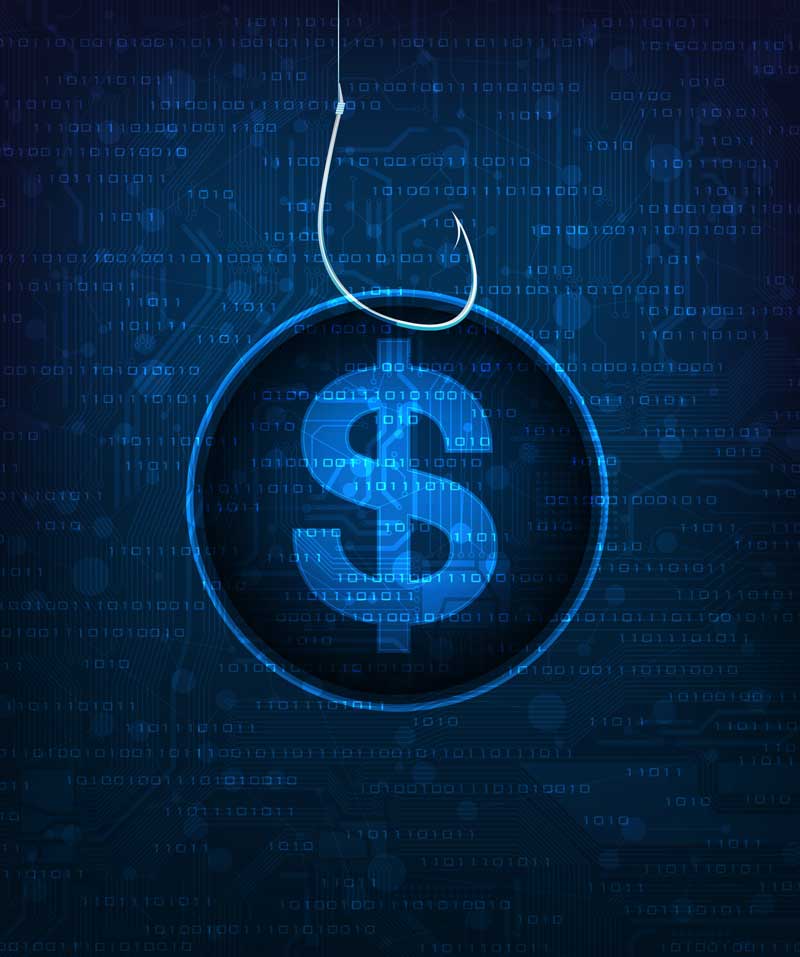Four cryptocurrency fraud reports totaling nearly $750,000 in losses have been documented since February 29, 2024. (PN File Photo)
An increase in cryptocurrency-related fraud incidents has prompted the Naperville Police Department to issue a cautionary alert to residents. Since the end of February, an unusual surge in fraudulent activities involving cryptocurrency has been observed.
Since February 29, 2024, four separate cases have been reported, each amounting to significant financial losses. These cases, involving distinct scam tactics such as romance, hacking, false arrest, and sextortion, do not appear to be interconnected. This spike contrasts with the typical monthly average of two to three cryptocurrency fraud cases handled by Naperville’s financial crimes unit.
The victims of these recent scams comprise two male and two female Naperville residents aged between 45 and 83 years. Despite the diverse nature of the scams, the common threads among them are that the perpetrators were unknown to the victims in person, and cryptocurrency was the chosen mode of payment.
Naperville Police Chief Jason Arres expressed concern over the convincing tactics employed by scammers, preying on individuals’ emotions, be it through love, fear, or other means. Chief Arres emphasized the importance of exercising caution and skepticism towards unfamiliar individuals requesting monetary transactions, especially when conducted through cryptocurrency.
Tips to Prevent Fraud from the Federal Trade Commission
The Federal Trade Commission (FTC) offers the following recommendations to safeguard against scams:
- Avoid divulging personal or financial information in response to unexpected requests. Legitimate entities do not typically solicit sensitive information like Social Security, bank account, or credit card numbers via unsolicited calls, emails, or texts. If in doubt, refrain from clicking on links or contacting provided numbers; instead, verify the request through trusted sources.
- Don’t succumb to immediate pressure. Reputable businesses allow time for decision-making. Any party coercing you for prompt payment or personal details is likely a scammer.
- Understand common payment demands by scammers. Refrain from transactions requiring payment solely through cryptocurrency, wire transfers, payment apps, or gift cards. Similarly, avoid depositing checks and transferring funds to unknown entities.
- Seek counsel from a trusted individual. Before taking any action, confide in a friend, family member, or neighbor about the situation. Discussing the matter could aid in recognizing potential scams.
Chief Arres highlighted the challenges associated with recovering funds once transferred to scammers via cryptocurrency, underscoring the importance of vigilance and skepticism towards immediate payment demands.
For comprehensive guidance on identifying and preventing scams, visit the Federal Trade Commission website. If you suspect being a victim of fraud or encounter suspicious activities, contact the Naperville Police Department at (630) 420-6665.

